Results
-
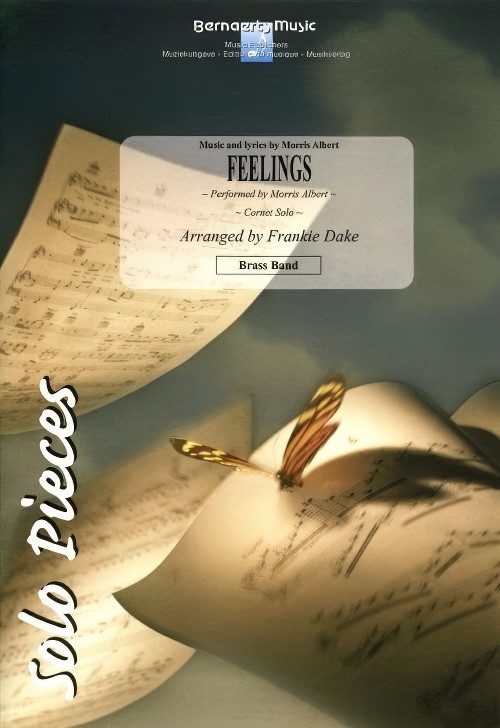 £53.99
£53.99Feelings (Cornet Solo with Brass Band - Score and Parts) - Albert & Gaste - Dake, Frankie
Trumpet, Cornet or Flugelhorn Solo. Performed by Morris Albert. Duration: 04:00
Estimated dispatch 7-14 working days
Audio Player -
 £59.99
£59.99On Stage (Brass Band - Score and Parts) - Ares, Rob
A collection of four simple entertaining pieces which can be performed together or separately.The Little MarchTango FlamencoChildrens WaltzHappy Cha Cha
Estimated dispatch 7-14 working days
Audio Player -
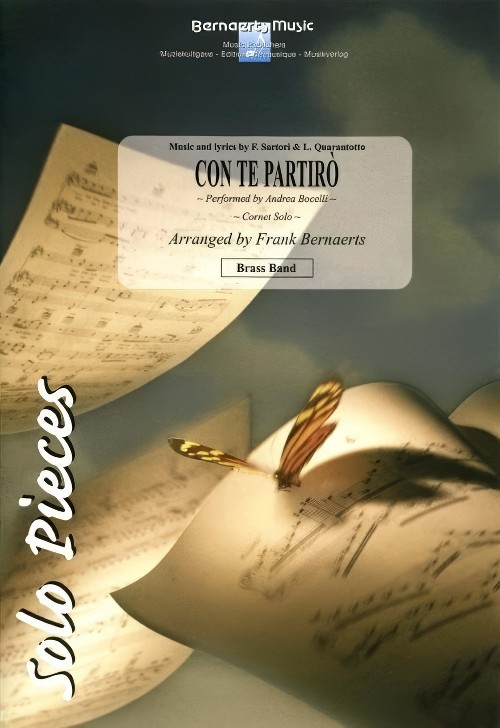 £53.99
£53.99Con Te Partiro (Cornet Solo with Brass Band - Score and Parts) - Quarantotto & Sartori - Bernaerts, Frank
Trumpet, Cornet or Flugel Horn Solo. Performed by Andrea Bocelli. Duration: 04:10
Estimated dispatch 7-14 working days
Audio Player -
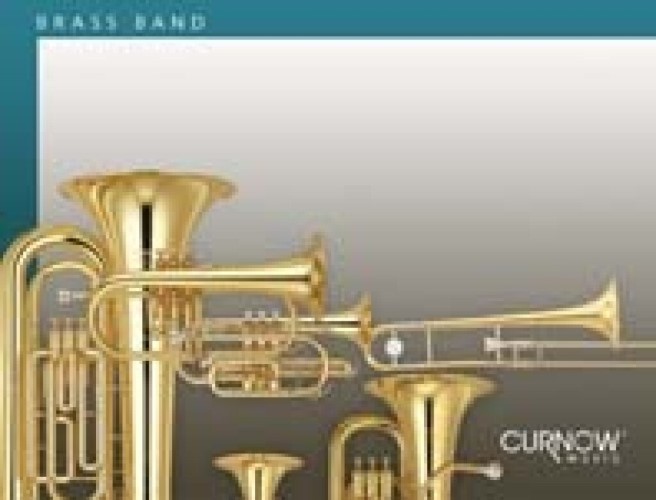 £49.99
£49.99Scherzo for Xylophone (Xylophone Solo with Brass Band - Score and Parts) - Curnow, James
Let your percussionist shine with this exciting lively work for xylophone and brass band. Makes an ideal encore piece or lighter item in any concert programme.Duration: 3.00
Estimated dispatch 7-14 working days
Audio Player -
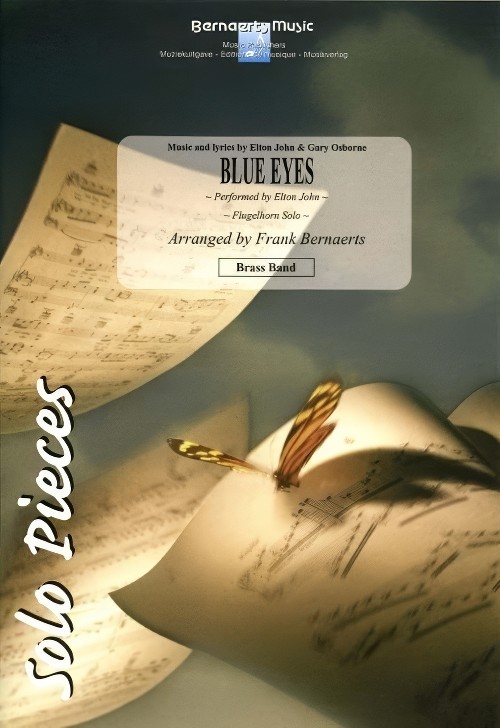 £53.99
£53.99Blue Eyes (Flugel Horn Solo with Brass Band - Score and Parts) - John & Osborne - Bernaerts, Frank
Trumpet, Cornet or Flugel Horn Solo. Performed by Elton John. Duration: 04:10
Estimated dispatch 7-14 working days
Audio Player -
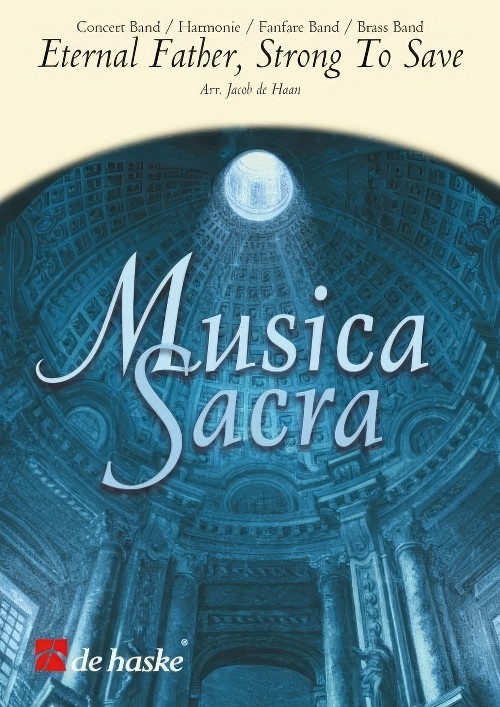 £59.99
£59.99Eternal Father, Strong to Save (Brass Band - Score and Parts) - Dykes, John Bacchus - De Haan, Jacob
Eternal father Strong to Save is a arrangement from the chorale of the same name. This work is ideal for use in church services, however it also makes a useful warm-up piece or a quiet interlude in any concert.Duration: 6:00
Estimated dispatch 7-14 working days
Audio Player -
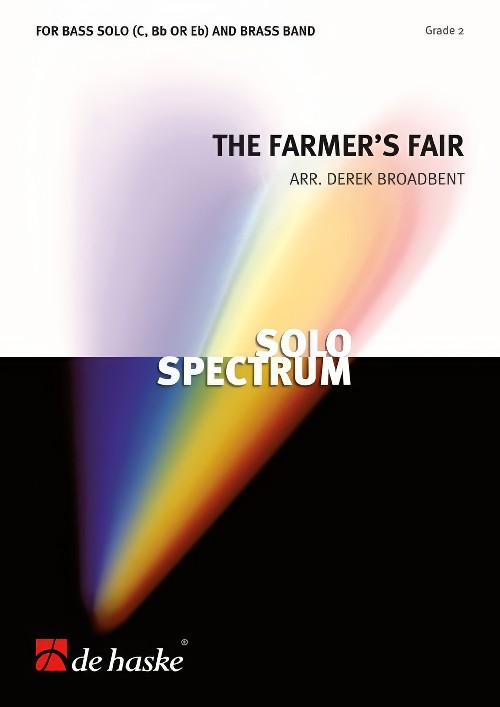 £59.99
£59.99The Farmer's Fair (Bass Solo with Brass Band - Score and Parts) - Broadbent, Derek
For Bass/Tuba Solo in Eb, Bb or C.Duration: 3:00
Estimated dispatch 7-14 working days
Audio Player -
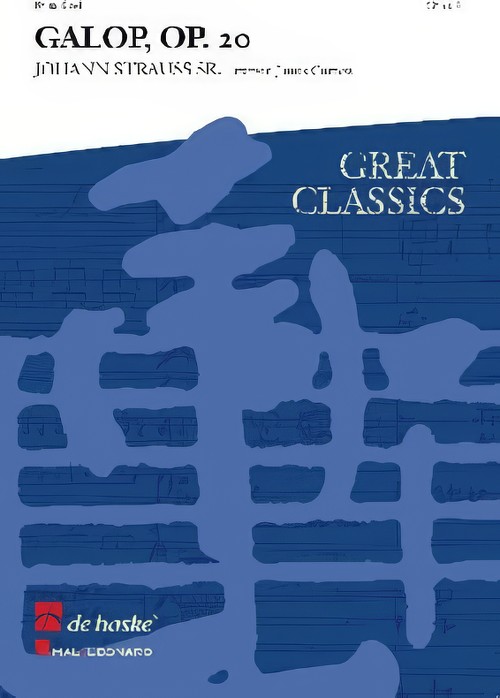 £59.99
£59.99Galop Op.20 (Brass Band - Score and Parts) - Strauss, Johann - Curnow, James
A rip roaring dance in two four time that will blow away the cobwebs from the furthest corners of your practice hall. This Galop, described by Johan Strauss as a Chinese Galop that should be played as fast as possible, will make an ideal humorous closing piece or encore item for any concert.Duration: 1:30
Estimated dispatch 7-14 working days
Audio Player -
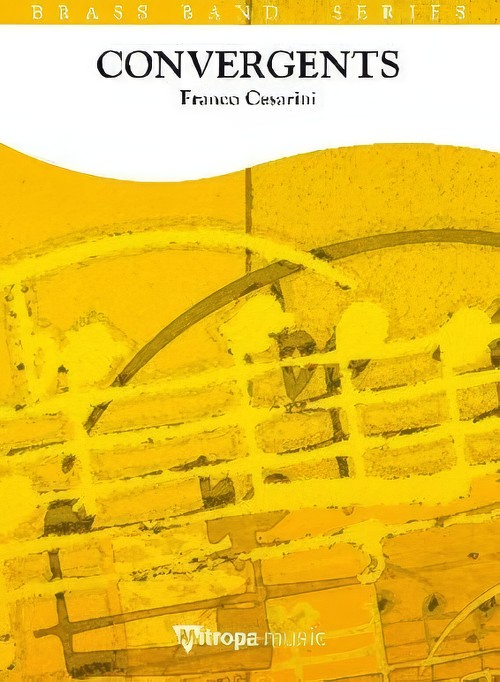 £84.99
£84.99Convergents (Brass Band - Score and Parts) - Cesarini, Franco
With Convergents Franco Cesarini has succeeded in composing a piece suitable for both concerts or contests which whilst not being too difficult still has the feel of a major work. This extremely rhythmical piece is built upon three themes which, after being introduced in turn, finally converge into the triumphal finale of the work. This scintillating work will be a definite enrichment to the repertoire of your concert band.Duration: 5:45
Estimated dispatch 7-14 working days
Audio Player -
 £59.99
£59.99The New Covenant (Brass Band - Score and Parts) - Curnow, James
Throughout The New Covenant the composer seeks to portray through programmatic music the sensitivity, love and understanding of a compassionate Christ and the strength and wisdom of the Son of God who gave Himself to become the new covenant between God and man. This descriptive work creates a word painting by use of fragments from John Newton's beautiful hymn 'How Sweet The Name of Jesus'. An ideal work for any concert but especially for those taking place in Churches or Cathedrals.Duration: 6:15
Estimated dispatch 7-14 working days
Audio Player
